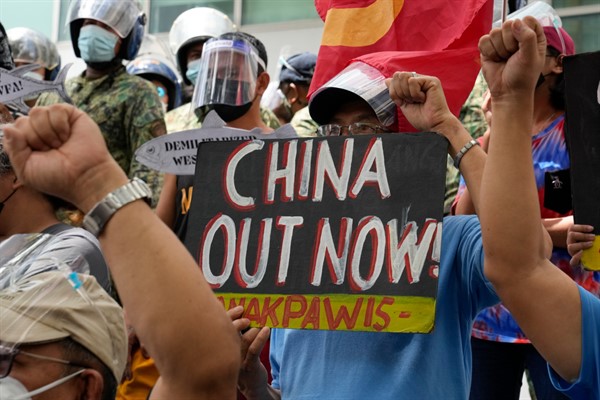On April 21, a suicide bomber struck the four-star Serena Hotel in Quetta, Pakistan, killing five people and wounding 12 more. Initial reports indicated the target was Nong Rong, the Chinese ambassador to Pakistan, who was staying at the Serena but was not present at the time. The Tehrik-i-Taliban, or TTP, a jihadi terrorist group active along the Pakistani-Afghan border, later claimed responsibility for the attack, vaguely saying it had targeted “locals and foreigners” staying at the hotel.
A few months later, in mid-July, another suicide attack targeted a convoy of Chinese workers headed to the construction site of a hydroelectric dam in Dasu, a remote town north of the Pakistani capital, Islamabad. The blast left nine Chinese workers dead, and scores of others injured. The Chinese company in charge of the project put construction on hold, and Chinese Premier Li Keqiang called Pakistani Prime Minister Imran Khan to demand a thorough investigation.
While the TTP has not yet claimed this attack, their history suggests they were likely responsible. The Pakistani Taliban has long targeted symbols of the Pakistani state, considering any friend of Islamabad to be their enemy. Given the close diplomatic and economic ties between Pakistan and China—the two have since 2013 been working on a $50 billion set of infrastructure projects known as the China-Pakistan Economic Corridor, and have supported each other on the international stage—the TTP now apparently see China, too, as a natural opponent. Beijing, for its part, recently hosted a delegation from the Afghan Taliban and demanded that the insurgent group “completely break ties” with the TTP.

